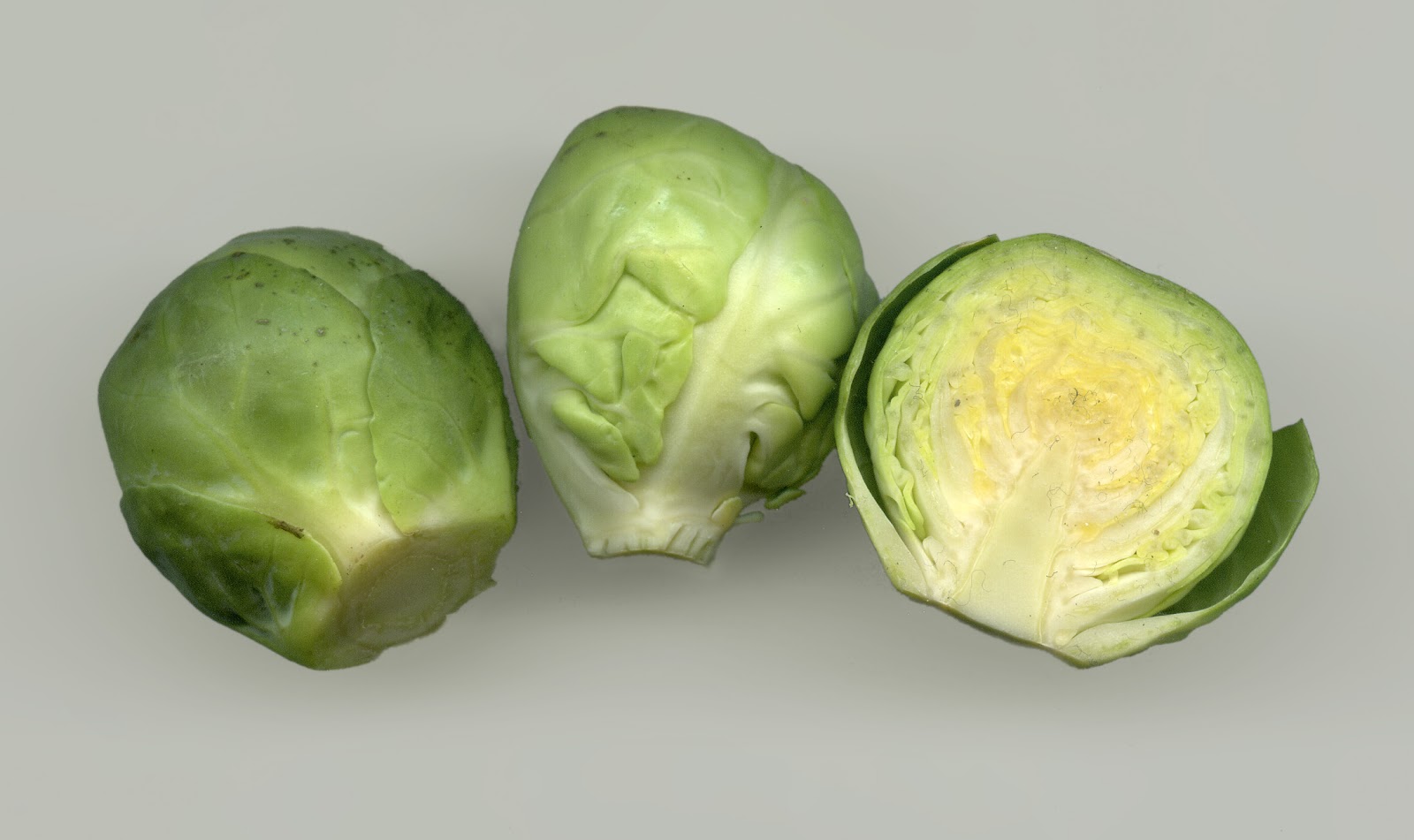These got pushed around my plate quite a lot as a kid.

Then as I grew older I learnt how good they were for me.
Did you know that 1 cup of brussel sprouts give you 130% of your daily recommended vitamin C? They are also high in fibre, low in calories, help the DNA repair of your white blood cells that fight off infection, are anti carcinogenic, give you 250% of your daily vitamin K that help give you strong bones...... the list goes on. In short they are good for you!
Then I started experimenting with how they could be cooked. Have you tried roasted with a little chilli oil and slivered almonds? What about pan fried with garlic butter or sauteed with bacon? It's all in the presentation (and avoidance of over cooking).
I think that staying up to date with research and recent publications and guidelines can be like this for our staff. If the purpose is clear, and readings are palatable, they can spark lively discussion and either add to or challenge teachers' understanding.
We looked at Helen Timperley's teacher Professional Learning and Development: Best Evidence Synthesis Iteration (BES) and how it related to our Teaching as Inquiry model. Different key passages were shown and after some time to think, teachers talked with those sitting near them about what this meant and how it related to our practice. We then shared as a group what the passages meant, and meant for us.
Here are the quotes we discussed.
These were only very short passages from the booklet but formed the basis of some good discussion and hopefully built a shared understanding about our inquiry process.
Then as I grew older I learnt how good they were for me.
Did you know that 1 cup of brussel sprouts give you 130% of your daily recommended vitamin C? They are also high in fibre, low in calories, help the DNA repair of your white blood cells that fight off infection, are anti carcinogenic, give you 250% of your daily vitamin K that help give you strong bones...... the list goes on. In short they are good for you!
Then I started experimenting with how they could be cooked. Have you tried roasted with a little chilli oil and slivered almonds? What about pan fried with garlic butter or sauteed with bacon? It's all in the presentation (and avoidance of over cooking).
I think that staying up to date with research and recent publications and guidelines can be like this for our staff. If the purpose is clear, and readings are palatable, they can spark lively discussion and either add to or challenge teachers' understanding.
We looked at Helen Timperley's teacher Professional Learning and Development: Best Evidence Synthesis Iteration (BES) and how it related to our Teaching as Inquiry model. Different key passages were shown and after some time to think, teachers talked with those sitting near them about what this meant and how it related to our practice. We then shared as a group what the passages meant, and meant for us.
Here are the quotes we discussed.
These were only very short passages from the booklet but formed the basis of some good discussion and hopefully built a shared understanding about our inquiry process.
No comments:
Post a Comment